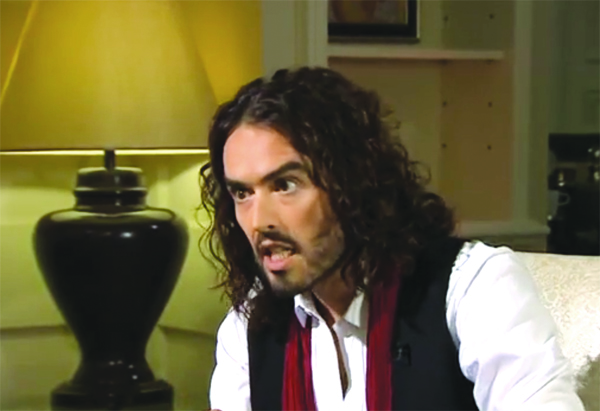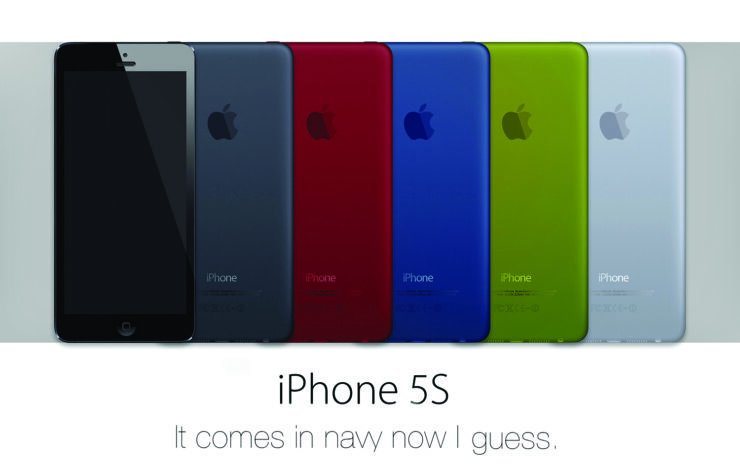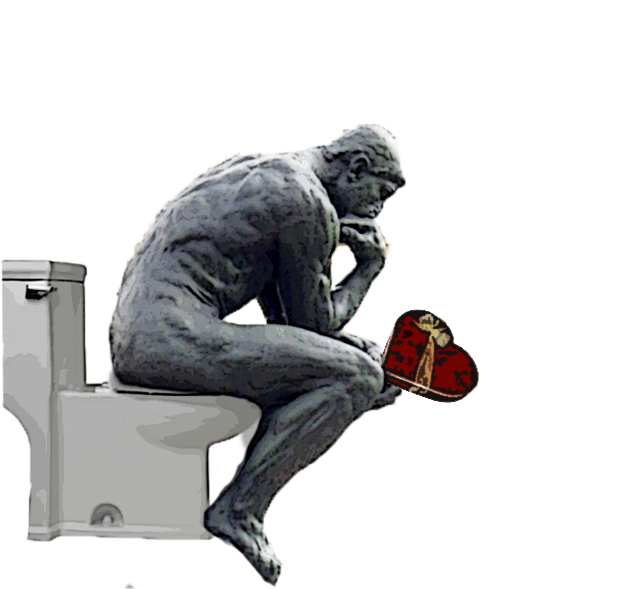Russell Brand’s interview reveals shifting nature of politics
Photo courtesy of Youtube
Millions of Canadians think they could do a better job than Stephen Harper. The qualities we wish our leaders had—common sense, humility and open-mindedness—have become more associated with the ruled than the rulers. Anyone can have them. So why not Russell Brand?
During a recent interview on BBC’s Newsnight, renowned journalist Jeremy Paxman began by posing a simple yet derisive question to his subject: “Russell Brand, who are you to edit a political magazine?”
Brand was invited on the show to discuss his recent role as guest-editor of New Statesman magazine and his thoughts on a political revolution.
After being reproached by Paxman for not voting and for having no credentials in politics, Brand finally retorted, “I don’t get my authority from this pre-existing paradigm which is quite narrow and only serves a few people. I look elsewhere for alternatives that might be of service to humanity.”
The interview, which has already been widely viewed and discussed, is far more revealing than one might realize. If nothing else, Brand’s appeal in the video serves as evidence that our society is undergoing a fundamental change in our attitude toward governance.
We are beginning to believe that every person’s opinion has worth, regardless of socio-economic standing or level of education. Increasingly, the realms of politics and debate are making room for the common person. No longer do we trust in the ability of the elites to govern. In fact, trust has turned to cynicism.
This way of thinking could move us from a system based on privilege and entitlement to one based on merit. But it’s not all rainbows and butterflies. Our new conception has its shortcomings, too.
When throwing knowledge and expertise out the window, it’s easy to lose sight of evidence and facts. A battle of opinion is at the heart of our current government’s total disregard for scientific evidence regarding climate change. We are forever engaging in a contest of he said, she said with our policymakers, and it allows them to often shift the focus away from the actual issues at hand.
Moreover, our change in attitude may lead us to distrust all politicians with experience and credentials, which is unnecessary and dangerous.
In the November issue of the Walrus magazine, editor and co-publisher John Macfarlane wrote that Toronto’s mayor Rob Ford is “a mayor who wears his ignorance like a badge of honour.” Yet the mayor’s approval ratings remain high, said Macfarlane, which suggests his supporters are “so suspicious of elites that they’d rather entrust North America’s fourth largest city to a man with no real credentials.”
Is Rob Ford truly the product of our changing attitudes toward politics? I had never thought of it, but it’s possible.
In the end, the pros and cons of our changing attitude towards governance can be endlessly debated. But the important thing to realize, as demonstrated by Brand’s invitation to edit New Statesman and to speak on Newsnight, is that changes are indeed happening.
Perhaps there’s some truth behind Brand’s comment that, “In my mind, the revolution has already begun.”






